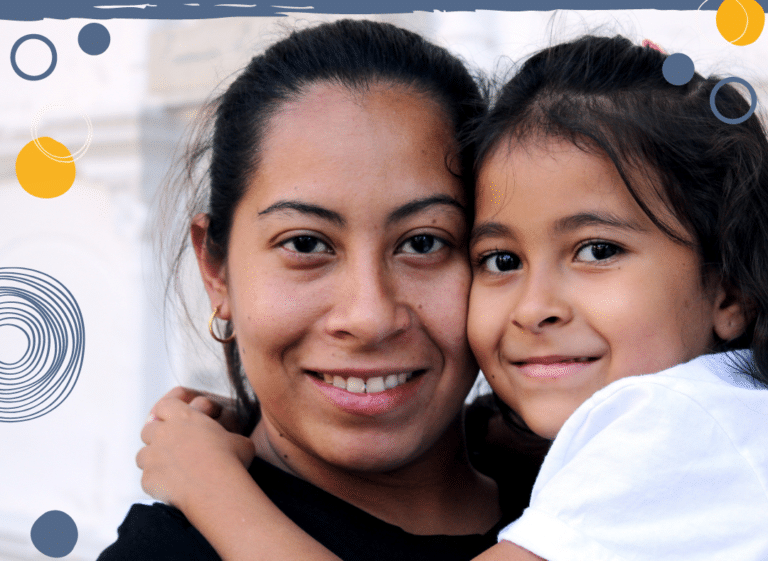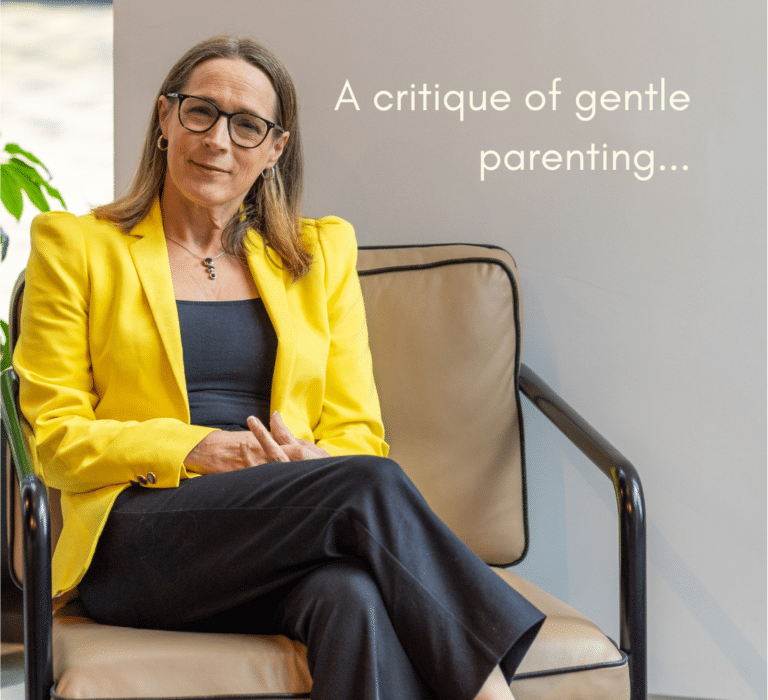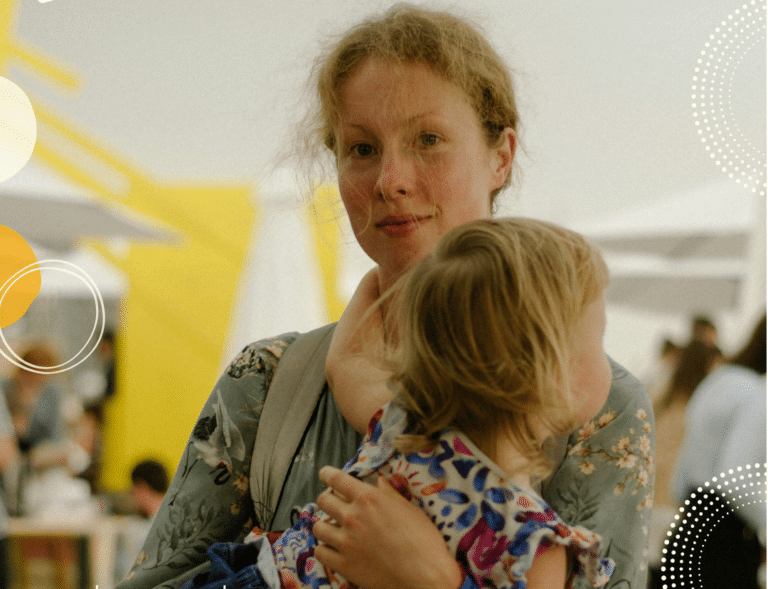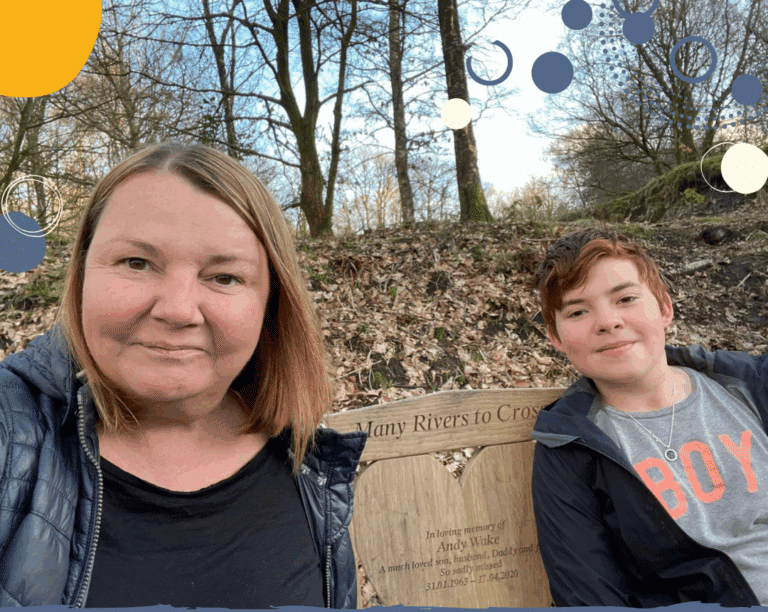How to be a present and connected parent after a day at work
Being a present and connected parent after a long day at work isn’t easy. Summoning up the energy to listen and engage whilst simultaneously locating lost Sports Kit, making sure the kids have done their homework, and shepherding everyone through the bedtime routine is a juggle even on a good day. But when you’re tired and stressed from work and all you want to do is collapse on the sofa, it’s one hundred times harder. Rather than being present, we can find ourselves just wishing (and rushing) the evening away.
I’m not going to pretend there are quick-fix solutions. Change takes work (and if you want the full lowdown on this issue, you’ll need to read my book The Work/Parent Switch). But here are a few ideas to help you identify what you could be doing a little more of (and a little less of) in order to be a more present and connected parent after a long day at work.
1.Walk in the door ready to parent
One of the biggest challenges for working parents is simply starting that second shift in the right frame of mind to connect. And that means dialling down our getting-things-done, task-focused, goal-oriented efficiency mindset.
When we’re at work, an efficiency mindset is great. Work is all about sticking to deadlines, completing tasks efficiently and thinking one step ahead. But when it comes to family life, that workplace efficiency mindset is not a great fit. It’s hard to be a present and connected parent when your brain is always thinking two steps ahead.
Children need adults who aren’t always rushing from one thing to the next but who can slow down and prioritise connecting and listening. So, before you head home, check in with yourself. Don’t start the evening hungry or thirsty. If you can feel the accumulated stress of the day in your body, stop and take a minute to close your eyes and breathe deeply and slowly. You might be one minute later walking into the house, but you’ll be in the right frame of mind to be the present and connected parent you want to be.
You might find it helpful to reset your mindset into parent-mode through a transition routine such as looking at a photo of your children on your commute home. Something that gives you a warm feeling when you look at it. Take this out and dwell on it for a whole 60 seconds. Tap into positive emotions before you get home and you’ll be much more likely to be a present and connected parent once you walk through the door.
2.Be still for a while
Don’t rush around straight away trying to crack through your evening To Do list. Sit down and be still, in the same room with your children. If you are sitting still and available to them, children tend to make their own bids for connection with you, and you can respond with 100% of your attention. Once a connection has been re-established, you’ll find yourself moving through the evening in a much calmer pace and in a more empathetic frame of mind.
3.Prioritise relationship
If you approach the evening as a series of tasks to be completed, you are far less likely to be present and connected (your mind will always be on the next task). If you can reframe parenting not as a series of tasks to be completed but as an act of relationship-building, that opens up potential for a different set of priorities and a whole different dynamic. Rather than getting the kids to bed, your most important goal for the evening is to do one thing that builds the relationship between you and your child. That doesn’t have to take long – it’s quality moments that build relationships.
4.Don’t let behaviour issues drag you off course
Often, we set out to be present and connected but get dragged off course by negative behaviour dynamics that hijack our attention. The problem is that children tend to repeat behaviour that gets our attention. So, if the biggest dose of attention they get every evening is for refusing to put their pyjamas on (or to do their homework, or eat their dinner…), they are far more likely to repeat that behaviour again tomorrow.
Your attention means everything to your children and they will do pretty much anything to get it. So, direct your attention towards behaviour you want to encourage and use positive praise to build new habits. Notice negative behaviour dynamics and be curious as to why they might be happening, then come up with a plan to tackle the issue proactively (we have an online positive parenting course that will help with this).
5. Listen, don’t fix
One of the most important ways we can build connection with our children is by listening really well. And not doing what I call ‘fix it’ listening.
At work, when colleagues come to talk to us, they are usually looking for ‘fix it’ listening. They want a definite answer, or a solution to a problem. But when children interact with us, the purpose of that communication is a little different. Children are not looking to us for an answer, they are trying to understand the problem. They need to be helped to understand the situation (and their feelings about it) well enough that they can find their own answer.
Listening to connect requires us to put our suggestions and judgements to one side and just be with our children in their moment. Listening for connection is not about changing children’s emotion or fixing their problem, it’s about sitting with them in that problem and journeying through it with them. Coaching rather than telling and validating how they feel.
Learning to pause, be curious and hold back suggestions is hard when you’re time-poor, especially when the solution looks obvious, or your child is distressed or the issue is worrying. But when we short-circuit straight to solutions, we miss the opportunity to see the world from our child’s point of view and connect with them in a way that builds their skills and and resilience. So next time your child raises an issue, try to ask a question rather than giving an answer.
Remember, you don’t have to be perfect, and bad days are inevitable. Children don’t need you to get it all right all of the time. They just need us to care and to keep showing up and keep trying to be that present and connected parent as often as possible.
This article accompanies my corporate seminar on ‘How to connect with your kids and be present when family time is limited‘. Get in touch to find out more about my workplace parenting sessions.






